Merck, known as MSD outside the United States and Canada, and Eisai today announced new investigational data demonstrating positive top-line results from the pivotal Phase 3 KEYNOTE-581/CLEAR trial (Study 307). In the trial, the combinations of KEYTRUDA, Merck’s anti-PD-1 therapy, plus LENVIMA, the orally available multiple receptor tyrosine kinase inhibitor discovered by Eisai, and LENVIMA plus everolimus were evaluated versus sunitinib for the first-line treatment of patients with advanced renal cell carcinoma (RCC). KEYTRUDA plus LENVIMA met the trial’s primary endpoint of progression-free survival (PFS) and its key secondary endpoints of overall survival (OS) and objective response rate (ORR), demonstrating a statistically significant and clinically meaningful improvement in PFS, OS and ORR versus sunitinib in the intention-to-treat (ITT) study population. LENVIMA plus everolimus also met the trial’s primary endpoint of PFS and a key secondary endpoint of ORR, demonstrating a statistically significant and clinically meaningful improvement in PFS and ORR versus sunitinib in the ITT study population. The ITT population included patients across all Memorial Sloan Kettering Cancer Center (MSKCC) risk groups (favorable, intermediate and poor). The safety profiles of both KEYTRUDA plus LENVIMA and LENVIMA plus everolimus were consistent with previously reported studies. Merck and Eisai will discuss these data with regulatory authorities worldwide, with the intent to submit marketing authorization applications based on these results, which will be presented at an upcoming medical meeting.
“The results for KEYTRUDA plus LENVIMA versus sunitinib, which showed a statistically significant improvement in progression-free survival, overall survival and objective response rate, build on the growing scientific evidence that supports the investigation of KEYTRUDA-based combinations for the first-line treatment of advanced renal cell carcinoma,” said Dr. Gregory Lubiniecki, Associate Vice President, Oncology Clinical Research, Merck Research Laboratories. “Merck and Eisai are committed to working together to continue to explore the potential of the KEYTRUDA plus LENVIMA combination, particularly in areas of great unmet need such as renal cell carcinoma.”
“The results from KEYNOTE-581/CLEAR (Study 307) support the potential use of KEYTRUDA plus LENVIMA for the first-line treatment of advanced RCC. These data also support the potential first-line use of LENVIMA plus everolimus, which is already approved in advanced RCC following prior antiangiogenic therapy,” said Dr. Takashi Owa, Vice President, Chief Medicine Creation and Chief Discovery Officer, Oncology Business Group at Eisai. “These findings energize our efforts as we continue to advance our understanding and address the unmet needs of patients with difficult-to-treat cancers.”
Merck and Eisai are continuing to study the KEYTRUDA plus LENVIMA combination through the LEAP (LEnvatinib And Pembrolizumab) clinical program across 19 trials in 13 different tumor types (endometrial carcinoma, hepatocellular carcinoma, melanoma, non-small cell lung cancer, RCC, squamous cell carcinoma of the head and neck, urothelial cancer, biliary tract cancer, colorectal cancer, gastric cancer, glioblastoma, ovarian cancer and triple-negative breast cancer).
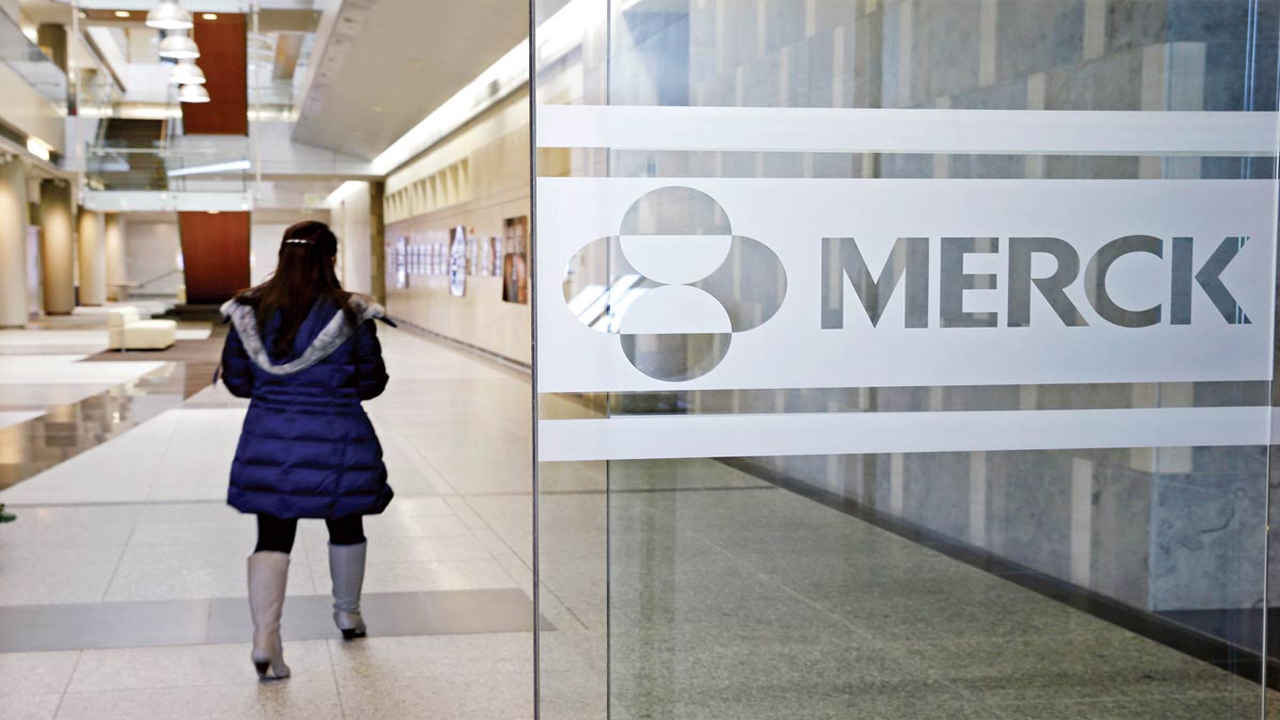
 LENVIMA plus everolimus were evaluated versus sunitinib for the first-line treatment of patients with advanced renal cell carcinoma
LENVIMA plus everolimus were evaluated versus sunitinib for the first-line treatment of patients with advanced renal cell carcinoma




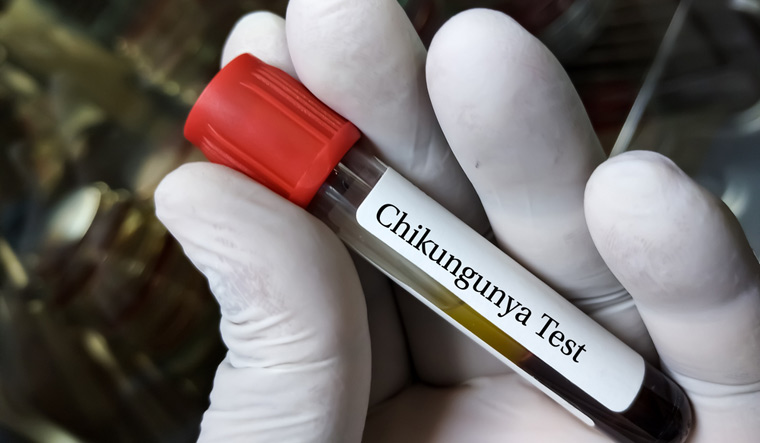
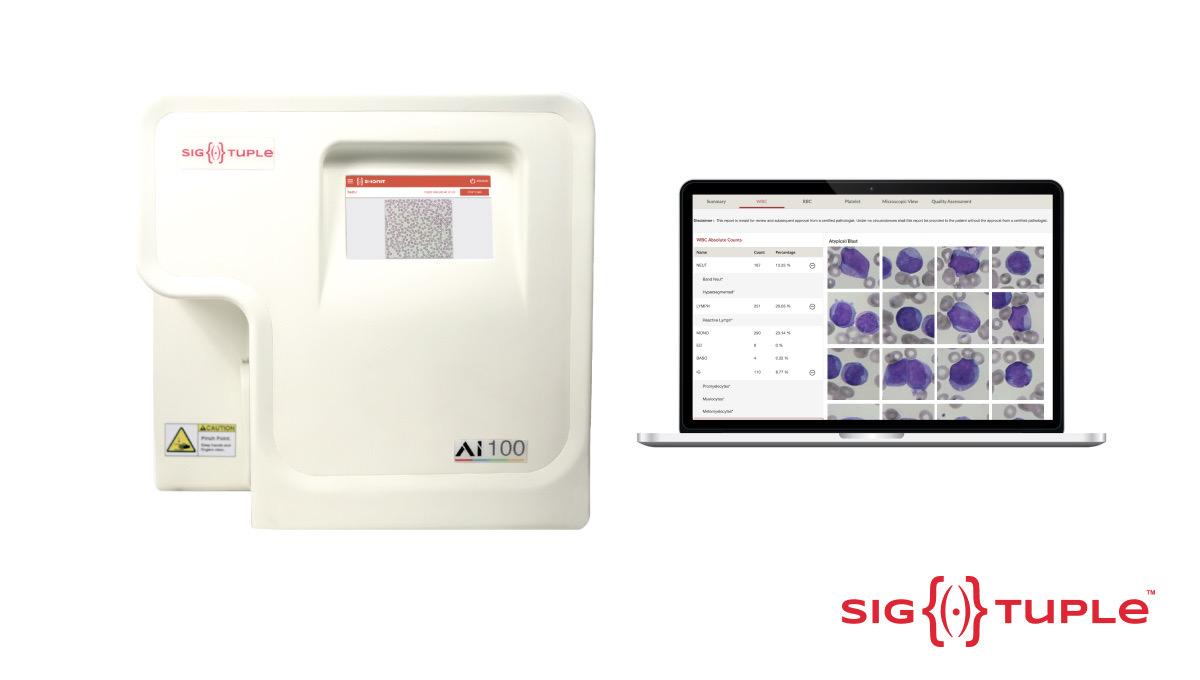


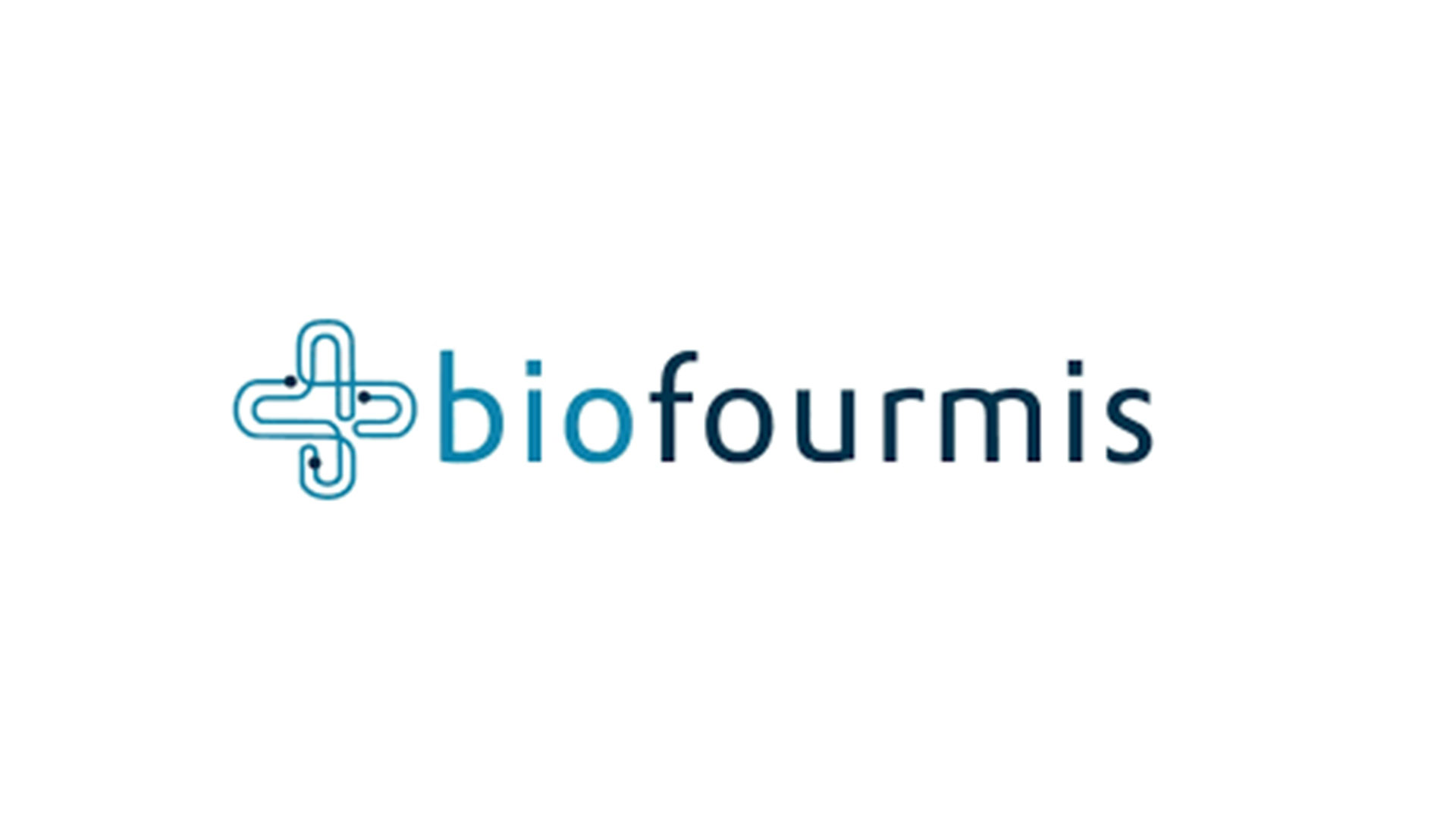
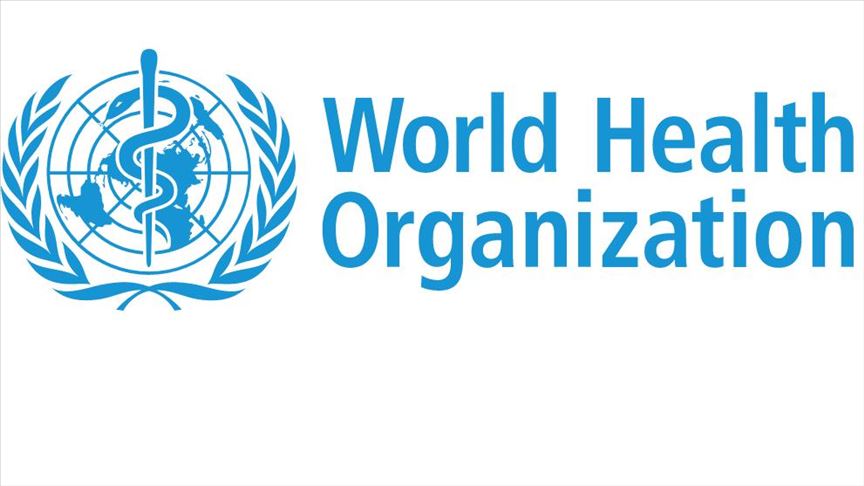
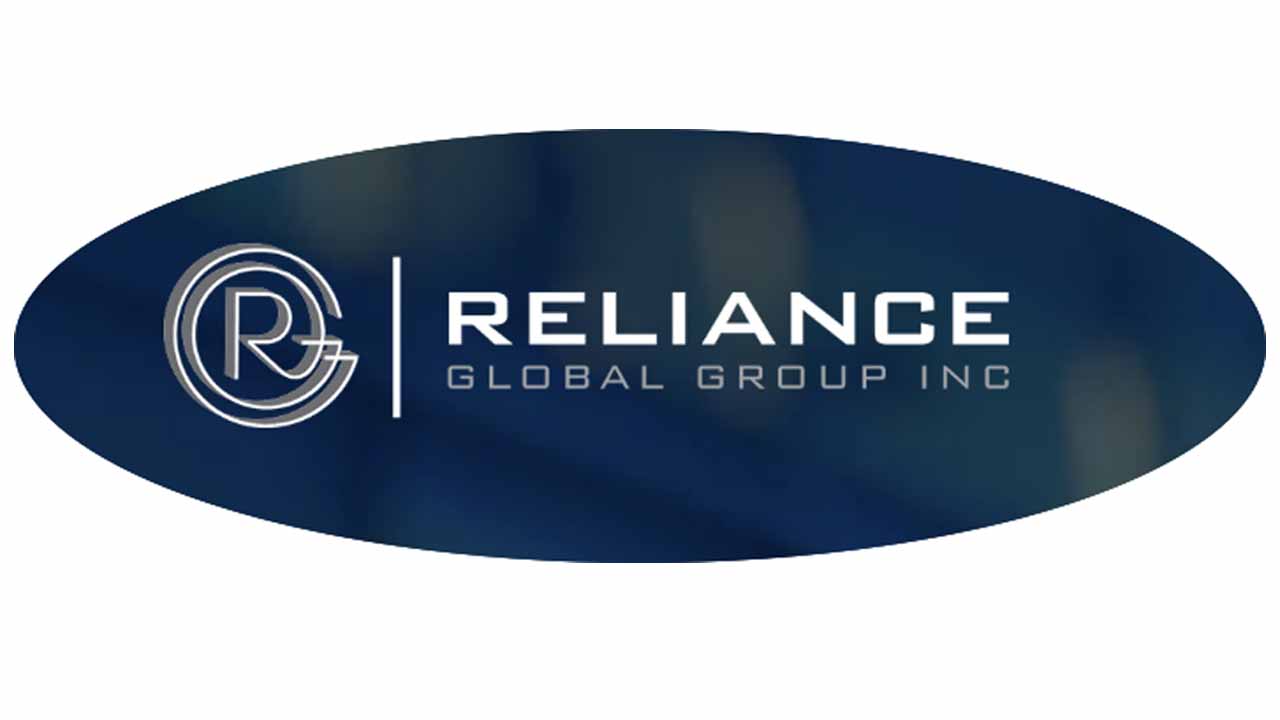








.jpeg)



















.jpg)
.jpeg)